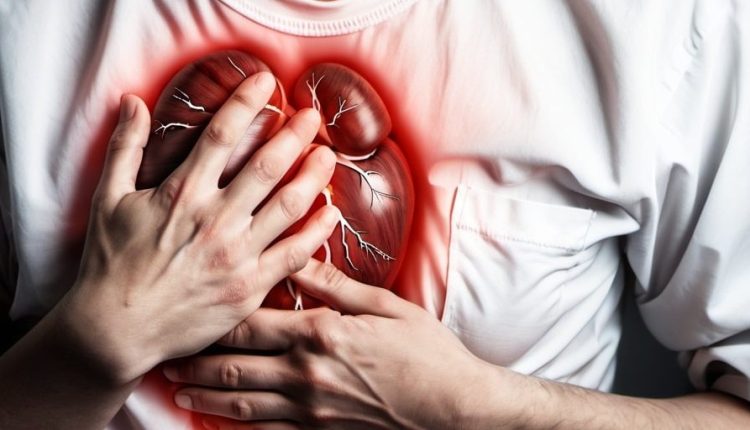Six Warning Signs Your Body Sends a Month Before a Heart Attack

6 Early Indicators Your Body Might Be Warning You About an Upcoming Heart Crisis
Heart attacks rarely strike without warning. Often, our bodies send subtle signals weeks or even months before a serious event occurs. Being alert to these early signs can make all the difference—helping you seek medical help in time and potentially saving your life. Here are six warning signs to watch for:
1. Persistent Chest Discomfort
Occasional tightness, pressure, or dull ache in your chest—even if it comes and goes—may be caused by restricted blood flow to the heart. This sensation, sometimes called angina, often worsens with exertion and should never be ignored.
2. Unusual and Unexplained Fatigue
Feeling exhausted after simple tasks or experiencing persistent tiredness that doesn’t improve might signal your heart is struggling to pump blood efficiently. If fatigue becomes overwhelming or out of the ordinary, it warrants medical attention.
3. Breathlessness Without Reason
Experiencing shortness of breath during minimal activity or at rest could be a sign of heart trouble. When the heart isn’t pumping effectively, fluid can build up in the lungs, leading to breathing difficulties.
4. Dizziness, Fainting, or Nausea
Repeated lightheadedness, dizziness, or feeling faint might stem from inadequate blood flow to the brain. Such symptoms could indicate underlying heart issues that need evaluation.
5. Swelling in Legs, Ankles, or Feet
Unexplained swelling in lower limbs often results from fluid retention linked to heart failure. When the heart’s pumping capacity diminishes, blood circulation slows, causing fluids to accumulate.
6. Irregular Heartbeats
Noticeable irregularities like skipped beats, rapid pounding, or unusually slow rhythms can be warning signs of arrhythmias or other heart problems. Persistent irregularities should be checked promptly.
Remember: Ignoring these early signals could have serious consequences. If you experience any of these symptoms—especially if they persist—consult a healthcare professional right away. Early diagnosis and intervention can make all the difference in preventing a life-threatening cardiac event.
